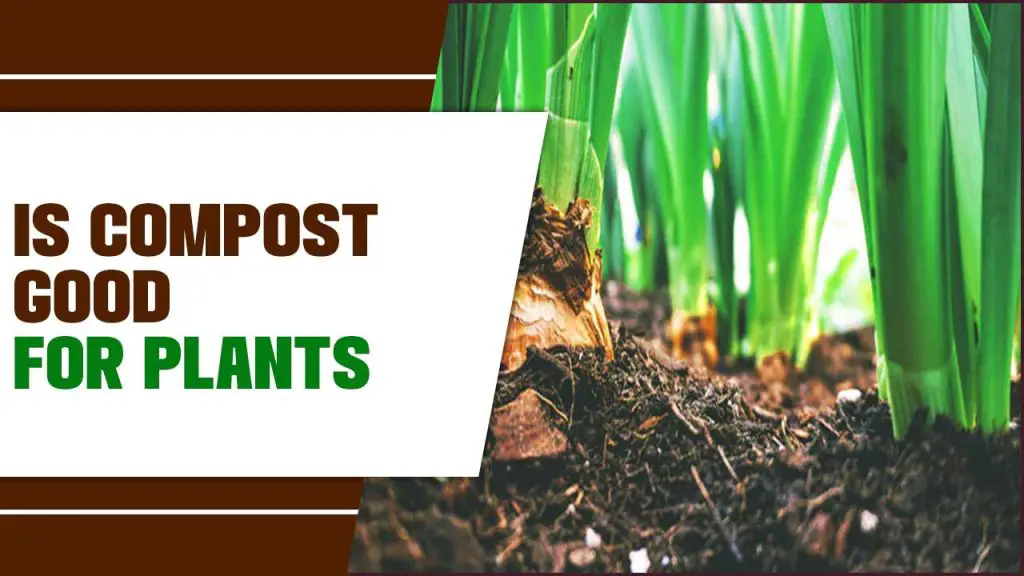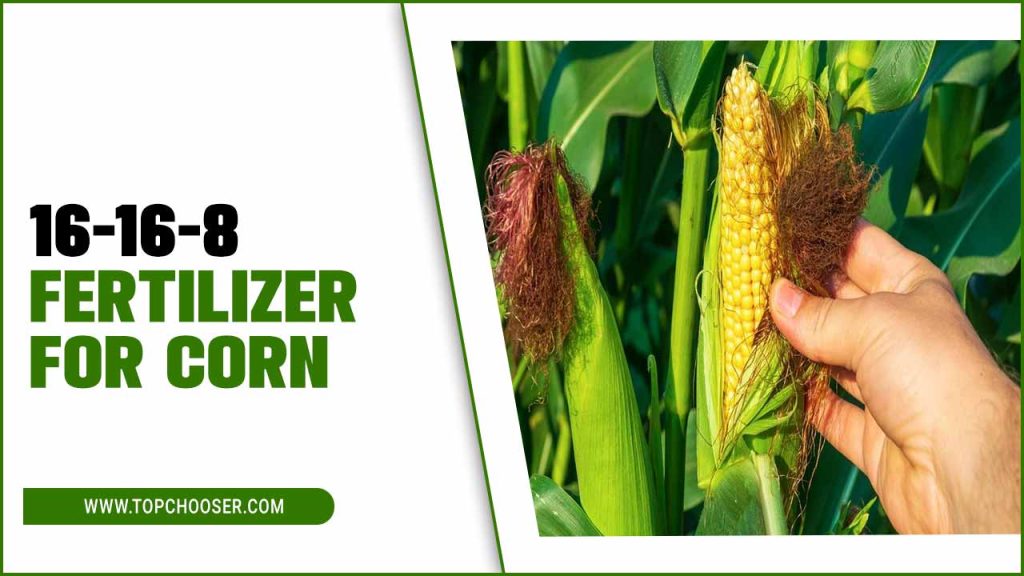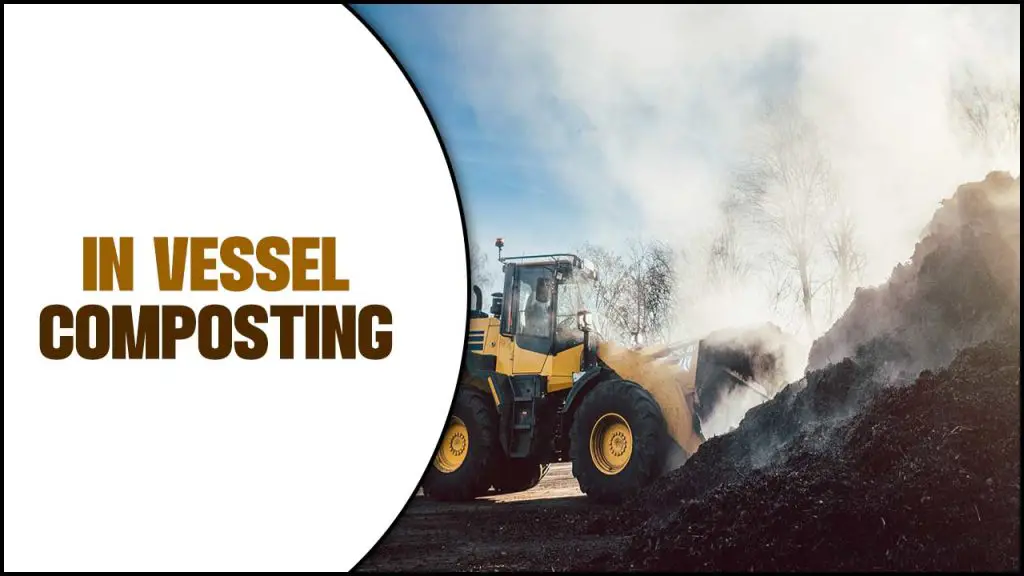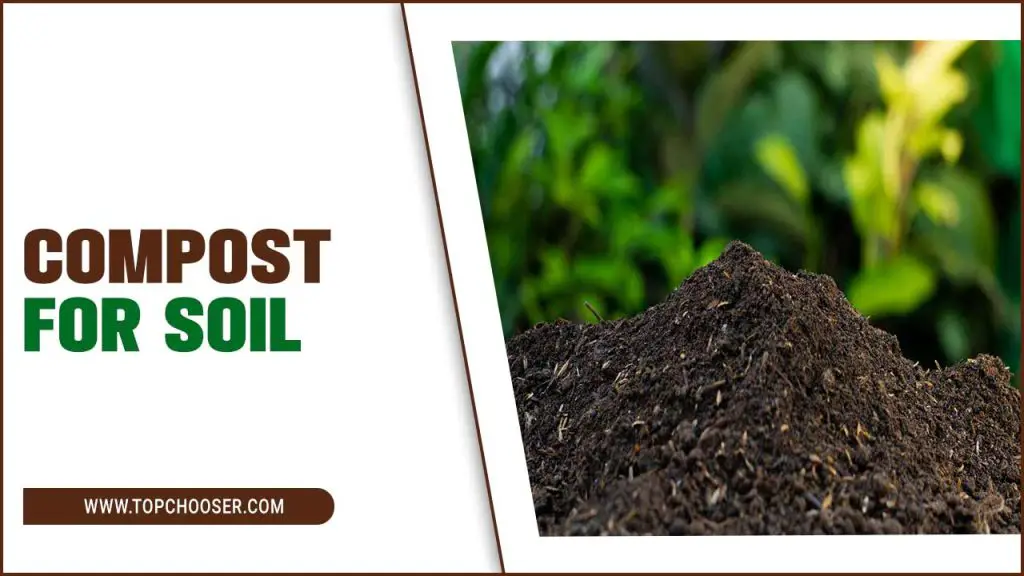Composting has been around for centuries and good reason. Composting is an effective and sustainable way to reduce waste and create nutrient-rich soil. But the question remains, is compost good for plants? The answer is unequivocally yes.
Compost provides various benefits to plants, from improving soil structure and water-holding capacity to providing essential nutrients and microorganisms. However, not all compost is created equal, and the quality of compost can greatly impact its effectiveness.
Here, we’ll explore the benefits of using compost for plant growth, the different types of compost, and how to use compost in your garden or landscape. We’ll also dive into the science behind compost and how it can improve the health and vitality of your plants.
From backyard composting to commercial compost production, we’ll cover all aspects of composting and its impact on plant growth. With so many benefits to using compost, it’s no wonder it has become a popular tool for the garden.
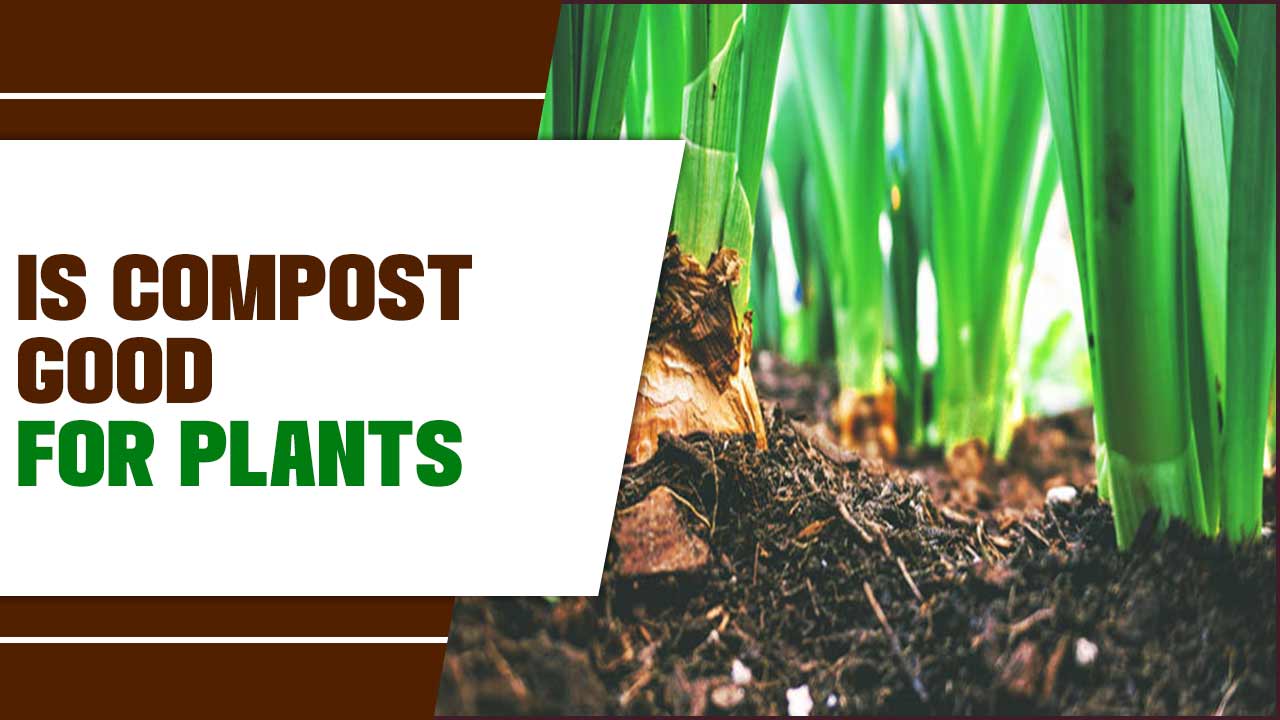
Is Compost Good For Plants – What You Need To Know
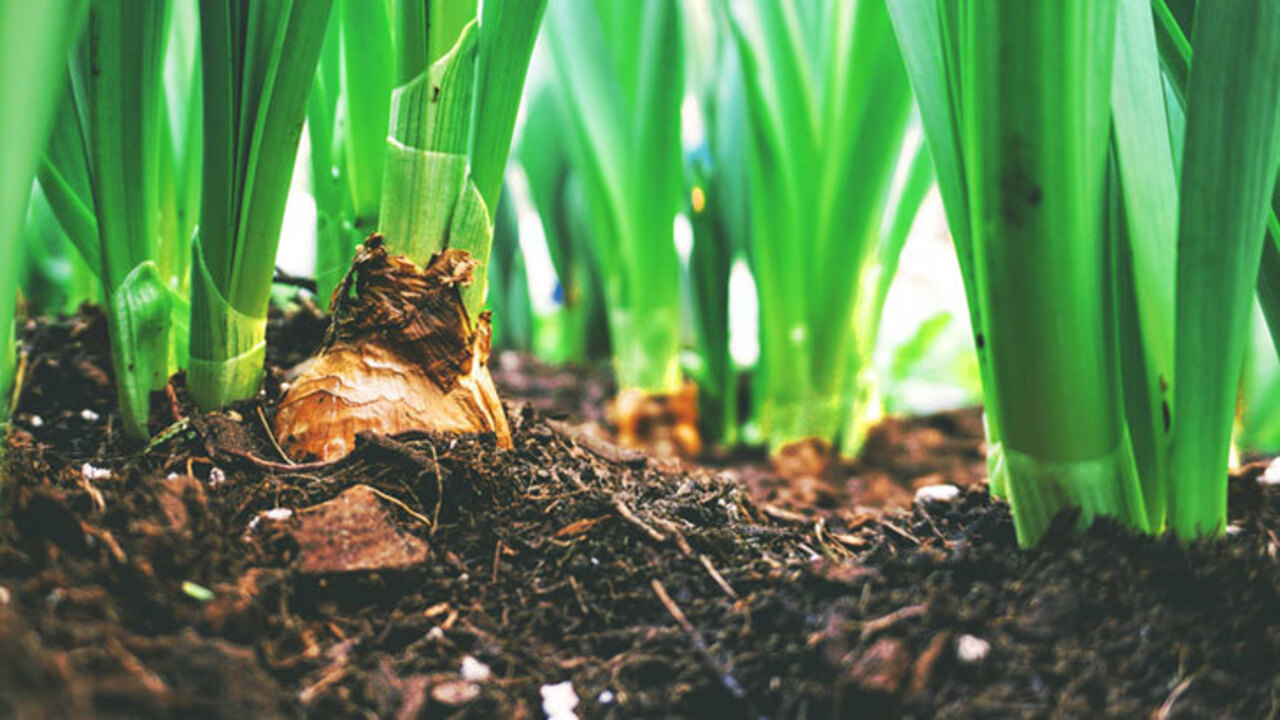
Compost is an excellent source of nutrients for plants. It is a natural fertilizer that helps improve soil quality and enhance plant growth. Composting is breaking down organic materials into a nutrient-rich soil amendment that can be used to nourish plants.
It can be done at home using various methods, including backyard or worm composting. Composting helps reduce waste, save money, and promote healthy soil and plants. Organic matter, such as food scraps, grass clippings, leaves, and other yard waste, is broken down by microorganisms and transformed into a nutrient-rich soil amendment that can be used to fertilize plants.
Compost contains essential nutrients, such as nitrogen, phosphorus, and potassium, vital for plant growth. It also improves soil structure, water-holding capacity, and drainage, which helps plants to establish strong roots and resist diseases and pests.
Yes, compost is excellent for plants. It provides numerous benefits and is a valuable addition to garden soil. Here’s a step-by-step explanation is compost good for plants:
Organic Matter
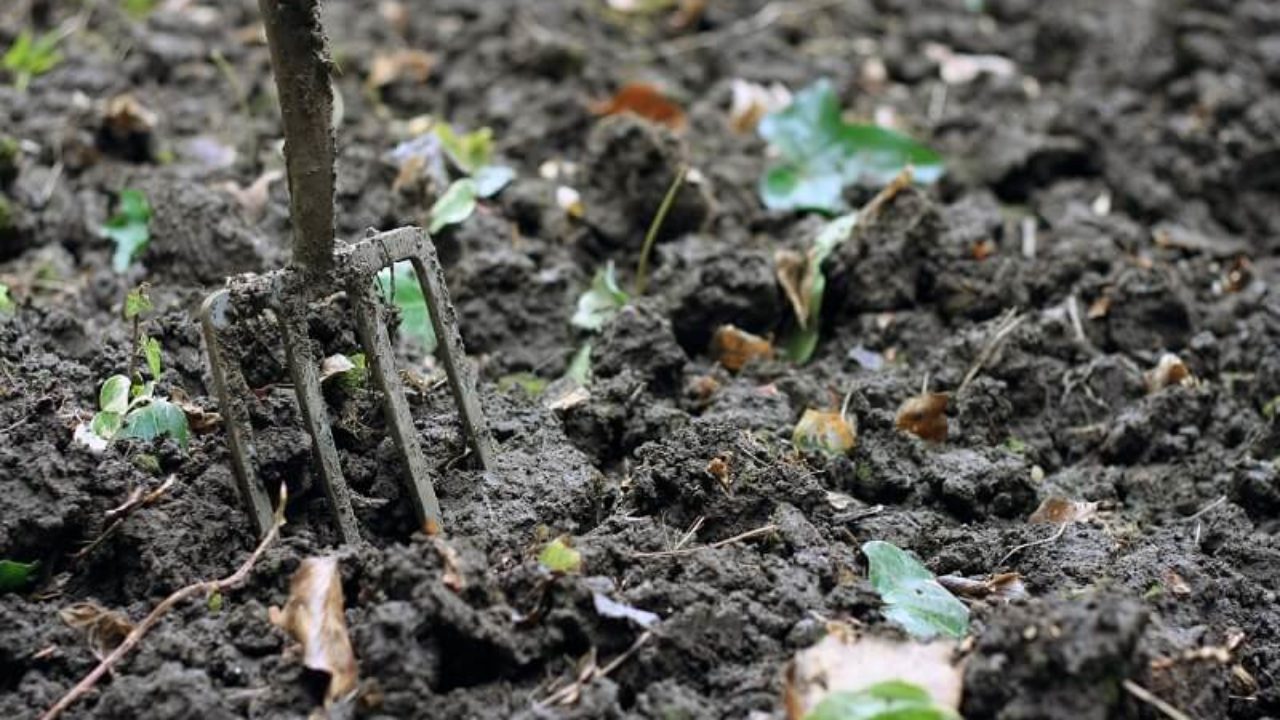
Compost is one of the most beneficial things you can add to your garden or plants. It is a rich, organic matter made up of decomposed organic materials such as leaves, grass clippings, and food scraps. Not only is compost good for plants, but it is also incredibly environmentally friendly.
When you use compost in your garden, you recycle nutrients that would otherwise be wasted and help to reduce the amount of food waste that ends up in landfills.
One of the main benefits of compost is that it is a natural fertilizer. It contains various nutrients plants need to grow, including nitrogen, phosphorus, and potassium. These nutrients are released slowly over time, providing a steady supply to your plants.
Soil Structure Improvement
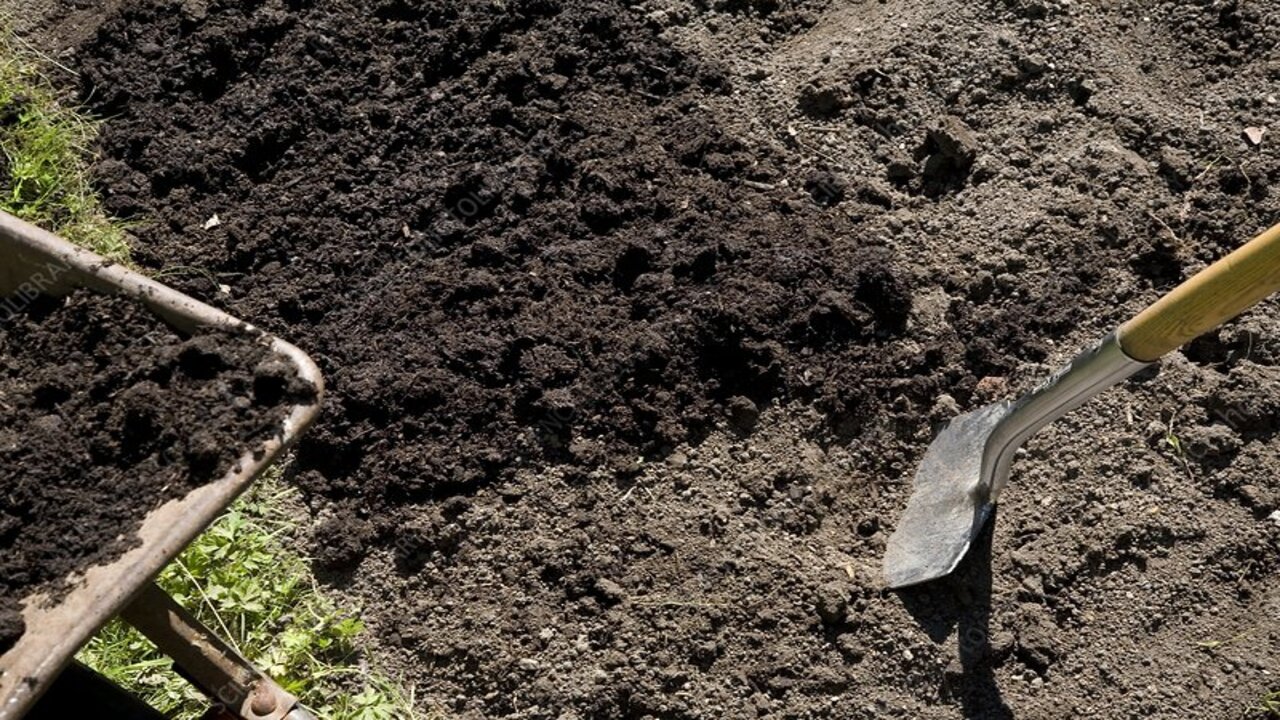
Compost is an excellent source of nutrients for plants, as it provides a wide range of minerals and organic matter that can enhance their growth and development. Not only is compost good for plants, but it is also beneficial for soil structure improvement.
It helps to create a healthier soil environment by increasing its water-holding capacity, improving aeration, and reducing soil erosion. When added to the soil, compost acts as a natural fertilizer, releasing nutrients slowly over time and providing a steady supply of essential elements that plants need to thrive.
The use of compost in gardening and farming has been increasing in popularity in recent years due to its many benefits, including its ability to improve soil fertility and reduce the need for chemical fertilizers.
Retains Moisture
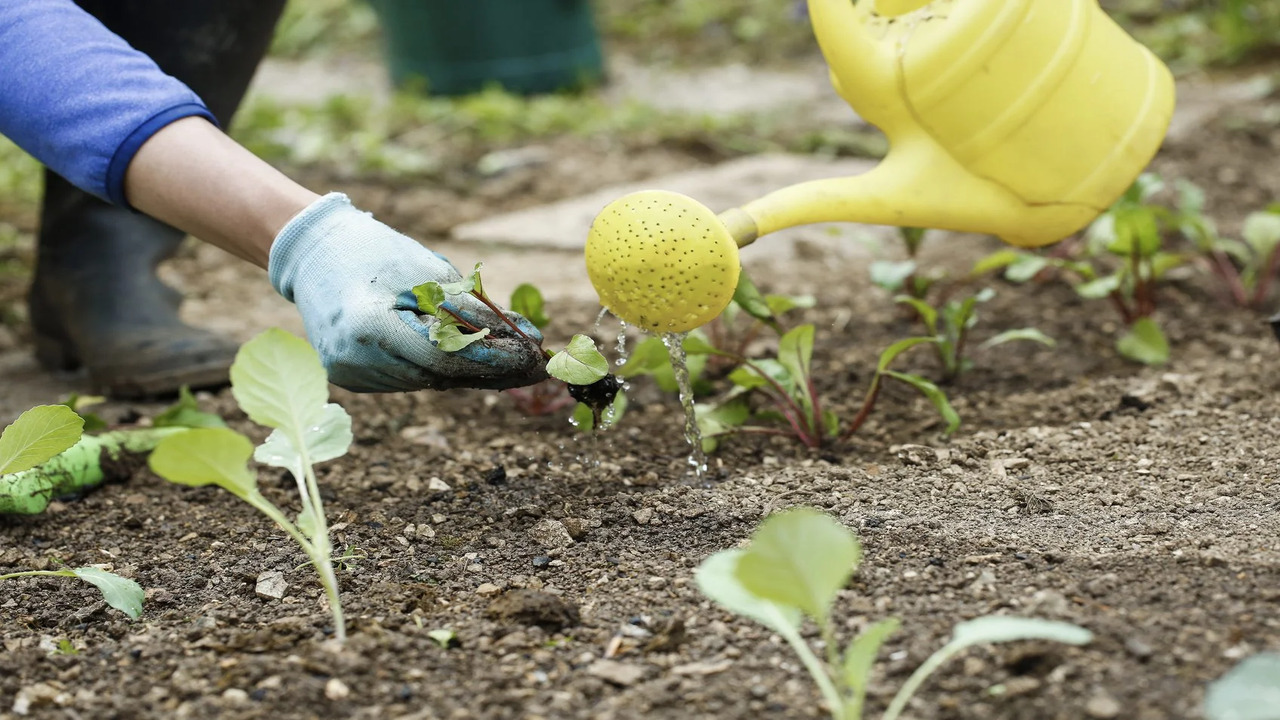
Compost is a fantastic addition to any garden, providing numerous plant benefits. Firstly, compost is an excellent source of nutrients for plants. It contains high levels of organic matter, which breaks down over time, releasing nutrients such as nitrogen, phosphorus, and potassium into the soil.
This makes compost an ideal natural fertilizer for plants, as it can help to promote healthy growth and development. Additionally, compost is great at retaining moisture in the soil. The organic matter in the compost acts like a sponge, soaking up water and holding it in the soil for longer periods.
This can be especially useful in dry climates or during drought, where plants may struggle to acquire the water they need to thrive. By retaining moisture, compost can help to reduce water usage, saving money and resources in the long run.
Increases Microbial Activity
Compost is a nutrient-rich material that is produced by the decomposition of organic matter. It is a natural fertilizer used in gardens and farms to improve soil health and plant growth. Compost is beneficial for plants in many ways.
Firstly, it provides essential nutrients such as nitrogen, phosphorus, and potassium vital for plant growth. Secondly, it helps to retain moisture in the soil, which is essential for plants to survive. Thirdly, it increases microbial activity in the soil, which is crucial for the breakdown of organic matter and the release of nutrients.
Microbes are tiny organisms that live in the soil and are responsible for breaking down organic matter into nutrients that plants can use. When compost is added to the soil, it provides a food source for these microbes, increasing their activity.
Ph Balancing
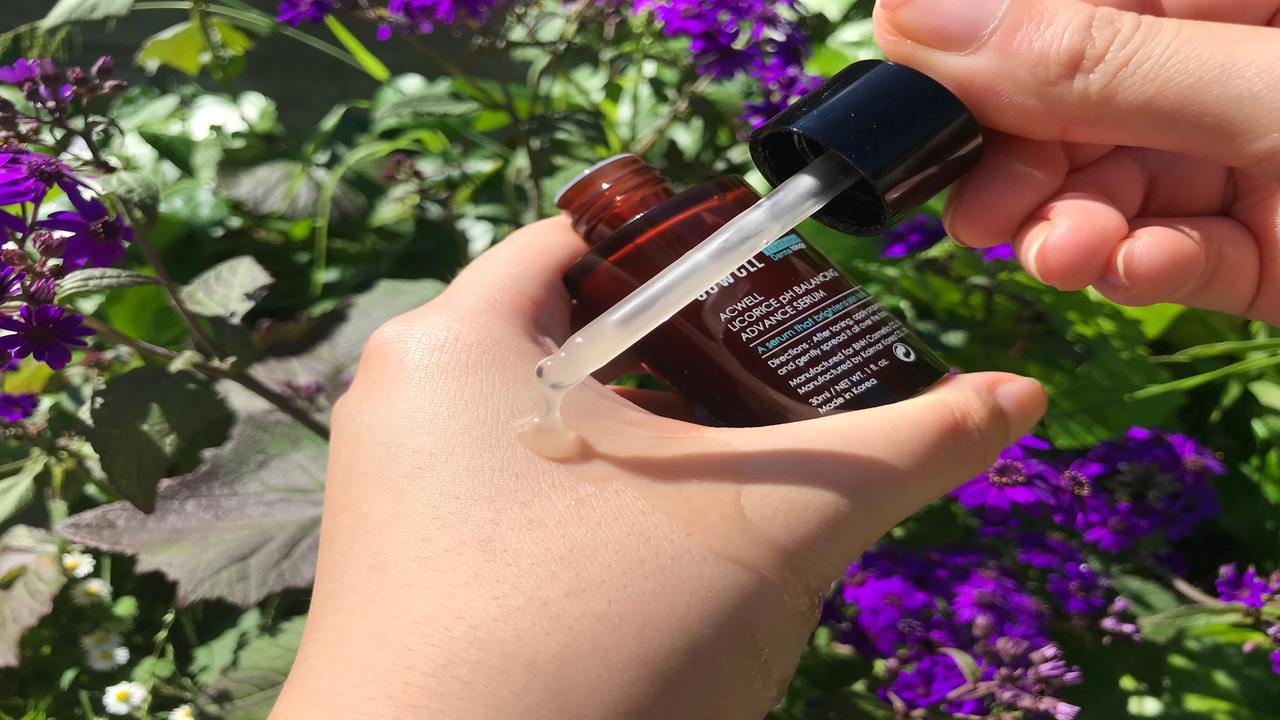
Compost is an excellent source of nutrients for plants. It is rich in organic matter and contains essential elements such as nitrogen, phosphorus, and potassium. The compost’s nutrients help promote healthy plant growth and improve soil structure.
Composting also helps to maintain a healthy pH balance in the soil. A soil pH that is too high or too low can hurt plant growth and health. Compost helps to balance the pH of the soil, making it a more hospitable environment for plants. The pH-balancing effect of compost is due to its high calcium content. Calcium acts as a natural buffer, helping neutralize soil acidity.
Reduces Environmental Impact
Compost is an excellent source of plant nutrients, making it a great alternative to chemical fertilizers. Not only does it provide essential nutrients like nitrogen, phosphorus, and potassium, but it also improves soil structure and water retention.
Many gardeners and farmers use compost to boost plant growth and yields and promote healthy soil. Additionally, using compost instead of chemical fertilizers can reduce the environmental impact of agriculture. Chemical fertilizers can contribute to the pollution of waterways and harm wildlife, while composting helps to reduce waste and greenhouse gas emissions.
By diverting organic materials from landfills and turning them into nutrient-rich soil amendments, composting can help to create a more sustainable and environmentally-friendly food system.
Composting For Sustainable Gardening
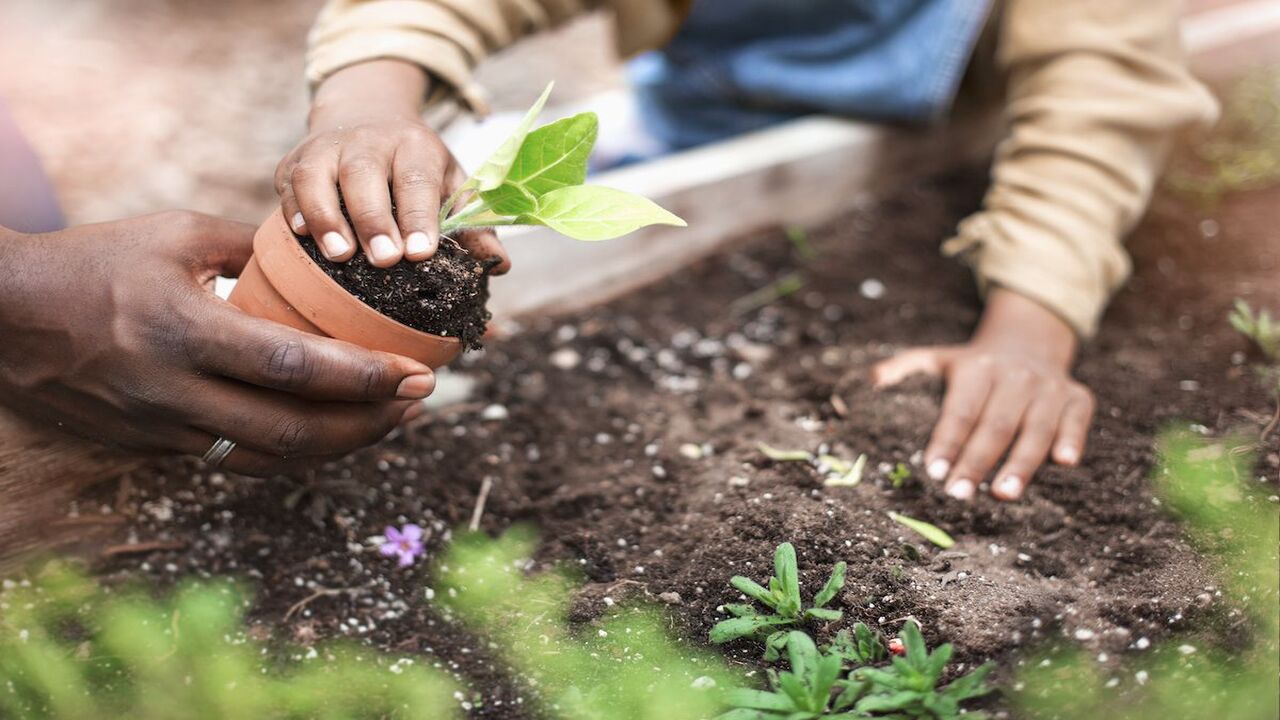
Composting is an essential technique for sustainable gardening. It is a natural process that converts organic waste into rich soil nutrients. Composting involves creating a pile of green and brown materials, including grass clippings, fruit and vegetable scraps, leaves, and other yard waste.
The mixture is turned regularly to provide air circulation and moisture, which helps to promote decomposition. The result is a nutrient-rich material that can improve soil quality and enhance plant growth.
Composting is an eco-friendly way to reduce waste and preserve natural resources. Gardeners can help reduce greenhouse gas emissions by diverting organic waste from landfills. Composting is also a cost-effective way to fertilize plants, reducing the need for chemical fertilizers.
Conclusion
Compost is undoubtedly good for plants as it enhances soil quality, promotes growth, and provides essential nutrients. The organic matter in compost improves soil structure and texture, allowing roots to penetrate the soil more easily and access nutrients and water.
Compost is a natural and nutrient-rich fertilizer that can improve the quality of your soil, enhance plant growth, and even help the environment by reducing waste.
Whether you’re a seasoned gardener or just starting, compost is a great way to give your plants the boost they need to thrive. So, don’t throw away those food scraps and yard waste – turn them into compost and watch your garden grow. We hope now you got the answer on Is compost good for plants.
FAQs
What Are The Benefits Of Using Compost On Plants?
Using compost on plants has several benefits, including:
Improving soil structure and texture – compost helps to loosen heavy soils and improve drainage in clay soils.
Providing essential nutrients – compost is rich in nitrogen, phosphorus, and potassium, essential for plant growth.
How Does Compost Improve Soil Health And Fertility?
Compost improves soil health and fertility by adding organic matter to the soil, which provides essential nutrients to plants and improves soil structure. Organic matter in compost helps retain moisture in the soil while improving soil aeration and drainage.
Compost also promotes the growth of beneficial microorganisms, such as bacteria and fungi, which help to break down organic matter and make nutrients more available to plants.
Can Using Compost Reduces The Need For Chemical Fertilizers And Pesticides?
Yes, using compost can reduce the need for chemical fertilizers and pesticides as it provides natural nutrients to the soil and promotes healthy plant growth, which in turn can reduce the occurrence of pests and diseases.
Are There Any Plants That Don’t Benefit From Compost?
Yes, some plants don’t benefit from compost, such as plants that prefer acidic soil, like blueberries, rhododendrons, and azaleas. Compost can raise the pH of the soil and make it less suitable for these plants.
What Is The Best Way To Incorporate Compost Into A Garden Or Landscape?
The best way to incorporate compost into a garden or landscape is to spread a layer of compost over the soil and mix it with a garden fork or tiller. Applying compost as a top dressing around plants is also helpful, slowly releasing nutrients into the soil over time.

I am passionate about home engineering. I specialize in designing, installing, and maintaining heating, ventilation, and air conditioning systems. My goal is to help people stay comfortable in their homes all year long.
